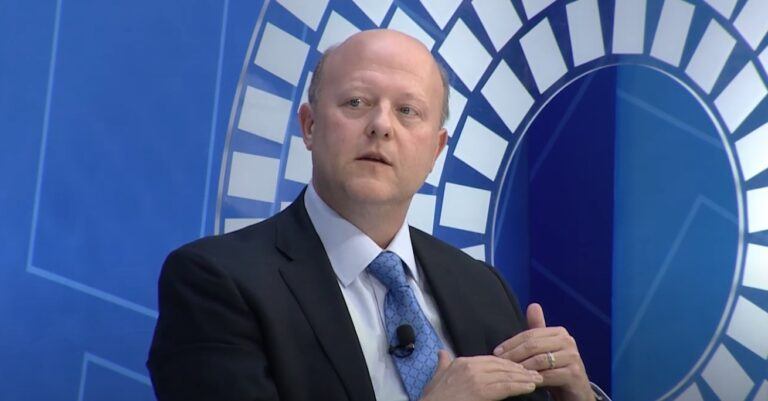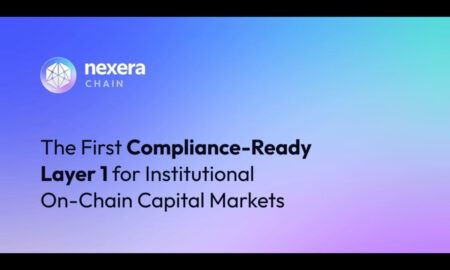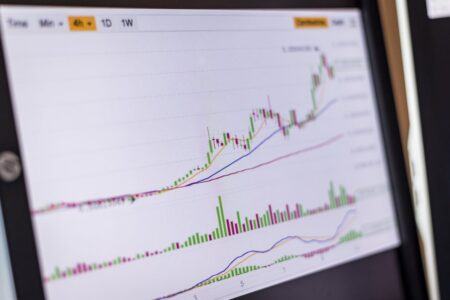In a recent appearance on CNBC’s “Squawk Box,” Jeremy Allaire, co-founder and CEO of Circle, discussed the evolving landscape of cryptocurrency, the intersection of digital currencies with U.S. politics, and the global implications of these developments.
Cryptocurrency as a Political Issue: A Bipartisan Approach?
Allaire began by highlighting the surprising political bifurcation within the crypto community. He noted that while digital currencies should be a nonpartisan issue by now, the reality is more complex. Over the past decade, Allaire has witnessed the evolution of cryptocurrency on Capitol Hill, from the first Senate hearing on crypto in 2013 to the recent surge of bipartisan work on major bills related to stablecoins and market structure. These developments initially suggested that crypto was becoming a “purple” issue, transcending traditional party lines.
However, with the upcoming elections, he believes the stakes have changed. Allaire says political figures are now recognizing the staying power of the crypto industry and the substantial investments it brings to political campaigns. This has led to new positions being staked out, making cryptocurrency a prominent topic in the presidential race—a scenario that would have been unimaginable just a few years ago.
The Role of Key Political Figures: Trump and Harris
The discussion then turned to the involvement of key political figures in the crypto debate. Former President Donald Trump has made it clear that he wants to position himself as crypto-friendly. On the other hand, there have been reports that Vice President Kamala Harris is also making moves to court the crypto community, although much of this has happened behind the scenes.
Allaire confirmed these reports, revealing that he had recently participated in a White House discussion where Harris’s team was actively involved. He emphasized that the crypto industry is looking for clear statements from both the current administration and Harris, particularly regarding her economic policy agenda. This need for clarity stems from the perception that the current administration has not been particularly friendly to crypto, with policies that have driven American jobs overseas and made it costly to build in this space. As a result, much of the policy development has been left to the courts rather than Congress, a situation Allaire deems less than ideal for fostering a new technology industry.
Global Competitiveness and the Future of the Digital Dollar
Allaire also touched on the global implications of the U.S.’s approach to cryptocurrency. He noted that while the U.S. has made some progress towards comprehensive legislation, other regions, particularly Europe, have moved ahead with fully enforced regulations. He thinks this puts the U.S. at a critical juncture, with a huge opportunity to leverage digital dollars to maintain global competitiveness, particularly against China in a “geo-fractured” world.
Interestingly, Allaire discussed the possibility, albeit remote, of Bitcoin becoming a reserve currency for the United States—a topic that has sparked debate within the crypto community. While he didn’t express strong opinions on whether this should happen, he pointed out that the advancement of policies that support private sector innovation in digital currencies would benefit the U.S. overall, particularly in maintaining dollar competitiveness on the global stage.









